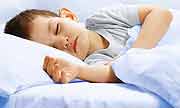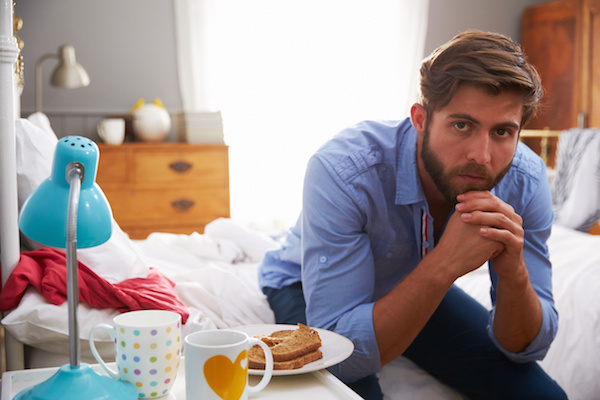
TUESDAY, March 5 (HealthDay News) — About 30 percent of children have a sleep disorder, but the rate is even higher in children with special needs, an expert says.
This increased risk in children with special needs is likely related to physical and behavioral differences, as well as side effects from medication, said Dr. Jennifer Accardo, director of the Sleep Disorders Clinic and Lab at the Kennedy Krieger Institute in Baltimore, Md.
Not all children with special needs who have sleep disturbances will be diagnosed with a sleep disorder, but early detection of common signs is the key to improving sleep. Parents know their child’s sleep patterns best and can spot sleep issues if they know what to look for.
Signs of sleep problems in school-age children with special needs include: snoring; difficulty falling or staying asleep; sleepwalking, night terrors and other nighttime activities; sleeping too much; and needing parents to be in the room to fall asleep.
“While a good night’s sleep is important for all children, it is especially critical for children with special needs,” Accardo said in an institute news release. “Parents can make small changes at home to help their child get a better night’s sleep and improve their performance in daytime activities, therapies and social interactions.”
Accardo offered tips to improve sleep for children with special needs:
- Make sleep a priority and develop a bedtime routine.
- Keep schedules consistent every day on both weekdays and weekends.
- Make the bedroom a restful place and have your child sleep in the same place every night.
- Avoid caffeine.
- Put your child to bed when he or she is sleepy, but not yet fully asleep.
- Address anxiety, which is common in children with special needs.
- Take note of signs of sleep problems.
“If parents are concerned about their child’s sleep patterns and behaviors, they should consult with their pediatrician or a sleep expert,” Accardo said. “Sleep evaluations can be extremely beneficial in identifying causes and ultimately improving sleep for the entire family.”
More information
The Nemours Foundation has more about children and sleep.

